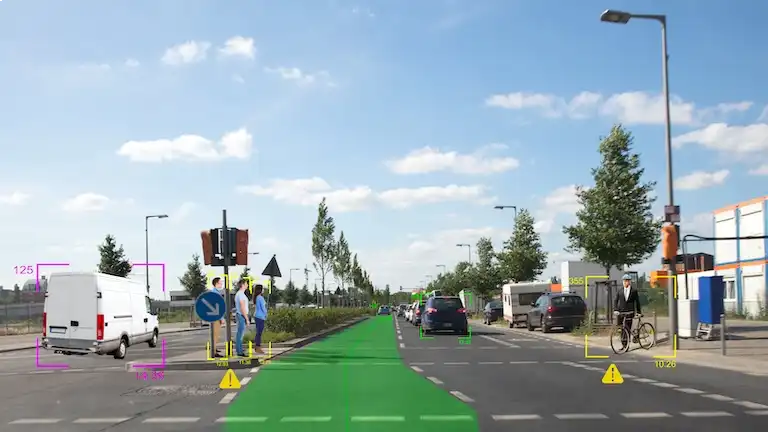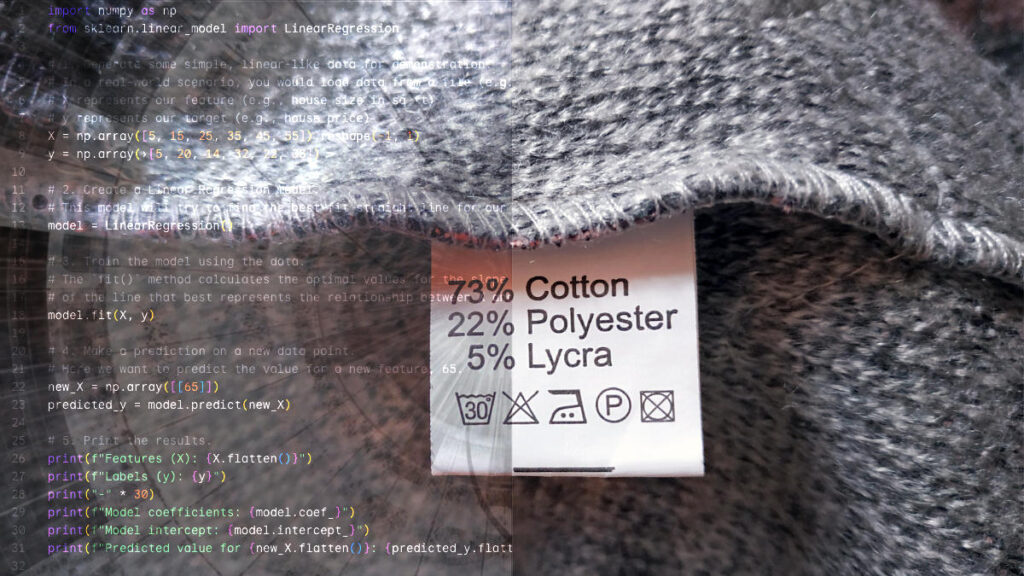Case Study
Upskilling Client’s Data Annotation Team
Client
Zimbabwe-based Tech Company
Industry
Technology
Team Trained
20 team members
Timeline
End of 2024

A tech company in Zimbabwe contacted DeeLab for help with building their own in-house data annotation team. They wanted to handle complex labeling tasks for their AI projects without relying on external providers. Although they had a team of 20 people, most of them had little experience with annotation tools or advanced formats like 3D LiDAR and semantic segmentation. Their main goal was to become self-sufficient and develop a skilled internal team for data annotation.
Challenges
Before DeeLab Academy’s tailored training could begin, several challenges needed to be addressed to ensure long-term success:
- A Knowledge Gap in Annotation Practices
Although the team possessed general technical aptitude, most had never worked with professional annotation tools or followed structured labeling guidelines. They needed clear instruction and practical exposure to understand what high-quality annotations look like and how to produce them consistently. - Complexity Across Data Types
Their projects weren’t limited to one format. From static 2D images and real-time video sequences to intricate 3D LiDAR scans, the team needed to develop competence across multiple data types, each with its own unique set of techniques and challenges. - Preparing the Team for Upcoming Projects
The company was preparing to take on more advanced data labeling responsibilities internally, and timely upskilling was essential. They wanted their team to be confident and capable in a short period without cutting corners on quality or skipping foundational concepts. - Uncertainty Around Tools and Workflow
With no clear preference for a particular tool, the team was unsure how to choose or integrate annotation platforms into their workflow. They needed guidance not just on using tools, but on selecting ones best suited to their use cases and scalability goals.
Our Approach
We began by conducting an in-depth needs assessment to understand their specific goals, data formats, project types, and learning constraints. Based on this, we designed a customized training program tailored to their workflow and paced to suit their team’s learning curve.
The training covered four customised areas:
Image Annotation
We introduced labeling basics, class definitions, bounding boxes, polygons, object detection best practices, and annotation quality control. Customized examples reflected real-world scenarios the client would face in agriculture and road environments.
Feedback:
| Just keep up the good work, i really enjoyed the training. |
| The course gave me more ideas on image labeling. |
| Thank you to the instructors. |
| The course was beneficial to my career. |
| Satisfied, No additional questions. |
Video Annotation
Next, the team learned how to track objects frame by frame, manage occlusions, use temporal consistency techniques, and annotate multiple activities such as walking, standing, or signaling. Shortcuts and tooling tricks were included to improve speed and accuracy.
Feedback:
| Kudos to the trainers. They made the training sessions fun and the whole process was nice. |
| A brilliant course it has been really been insightful. |
| Great learning experience! |
| Everything was spoton. |
| Would like to get to know other technologies besides CVAT. |
Semantic Segmentation
The course focused on high-precision pixel-level annotation. We used use-case-specific datasets and taught techniques for working with overlapping objects, fine boundaries, and consistency.
Feedback:
| Maybe to use high quality pictures especially for segmentation mask to practice not to overlap |
| Everything was on point |
| Overall g Fantastic training with Fantastic trainers. A 10/10 for me. |
3D LiDAR Annotation
This involved reading and understanding point clouds, drawing 3D cuboids, annotating objects like vehicles, pedestrians, and terrain, navigating between top, side, and front views.
Each area was reinforced with hands-on tasks, tool demonstrations, guided practice, and one-on-one feedback sessions.
Feedback:
| it was perfect |
| I really enjoyed taking the course and it has been a great experience. I feel like this LiDAR course will open the door for me to understand better the concepts of machine learning and artificial intelligence. |
| It was a good experience learning Labelling on Lidar. |
Certification
At the end of the program, all participants underwent a final evaluation to assess their practical and theoretical understanding. All completed the training successfully received DeeLab Certification in their respective domains, providing a verified benchmark of their skill level for future projects and partnerships.
Results
- All 20 participants successfully completed the program and received certification.
- The team demonstrated autonomy in using tools, following annotation logic, and performing internal quality checks.




